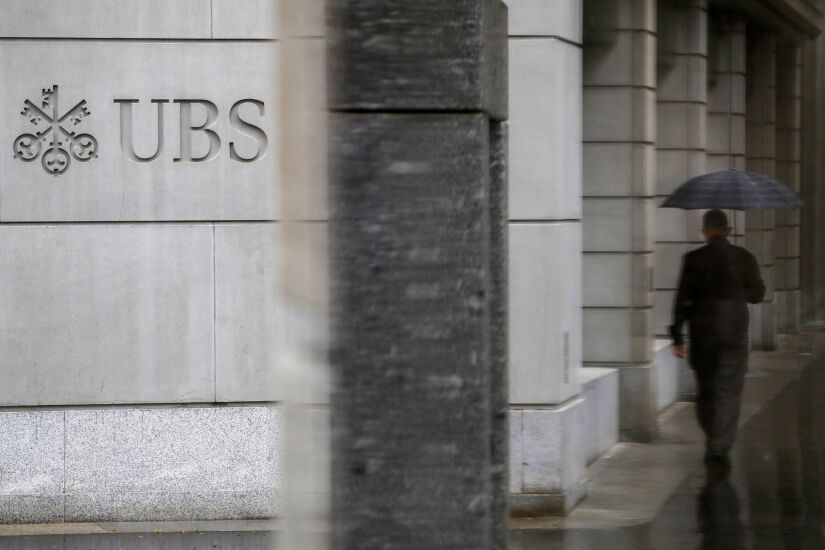Just like a year ago at this time, FINRA is unveiling a flurry of cases under its 529 plan program and other settlements with ramifications for wealth managers.
In the past week alone, at least 13 firms settled 10 different FINRA cases while agreeing to pay more than $15 million in restitution and fines. After FINRA
“FINRA reports the number of enforcement cases it brings every calendar year, so by December there is added incentive for FINRA to finalize outstanding enforcement cases to demonstrate its productivity,” Schroeder said in an email. “In reality, the number of enforcement matters that a regulator brings in a given year is not a very useful metric. A large number of cases does not necessarily mean the cases themselves are impactful, and a smaller number of cases may still accomplish significant investor and market protection if they effectively stop bad actors and address customer harm.”
The 529 plan program
Most of the cases revolve around the difference between Class C and Class A shares in 529 plans when it comes to their fees. Class C shares usually come without upfront sales charges but higher ongoing fees, while Class A products typically collect lower fees than other types of 529 plans but do collect a front-end expense, according to FINRA. For example, a $10,000 investment in Class C shares held by a client for 18 years would come with $1,300 in higher fees and an account value that’s $1,500 below that in Class A shares.
“Because of their higher annual fees, Class C shares may be more expensive over extended holding periods and, consequently, Class A shares are frequently the suitable option for accounts with younger beneficiaries and longer investment horizons,” FINRA investigators said in language included in several of the cases.
That’s why FINRA’s program will make a big difference to the affected clients, according to Nicole Iannarone, an assistant professor with Drexel University’s Thomas R. Kline School of Law and the current chair of FINRA’s National Arbitration and Mediation Committee.
“This is a very important initiative because many consumers won't notice what might be an individual, smaller amount of fees coming out of their account,” Iannarone said. “It can have an enormous impact. The importance of resolving this issue and giving the money back to investors, it can't be underestimated.”
Five of the 10 cases to become public in the past week come from FINRA’s self-reporting program. Out of the other five, three are supervisory cases, one cites a firm for failing to produce documents and another faults a firm for not reviewing correspondence. Merrill Lynch, Truist and other wealth managers and financial firms settled the cases without admitting or denying the allegations.
To see which firms FINRA has filed cases against and what the firms said in response, scroll down our slideshow.
















